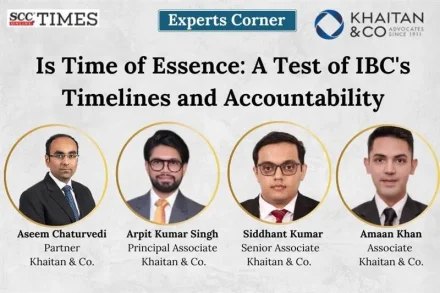
Is Time of Essence: A Test of IBC’s Timelines and Accountability
by Aseem Chaturvedi*, Arpit Kumar Singh**, Siddhant Kumar*** and Amaan Khan****

by Aseem Chaturvedi*, Arpit Kumar Singh**, Siddhant Kumar*** and Amaan Khan****
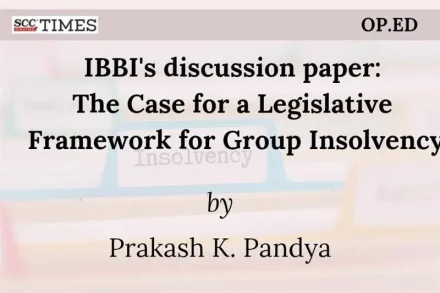
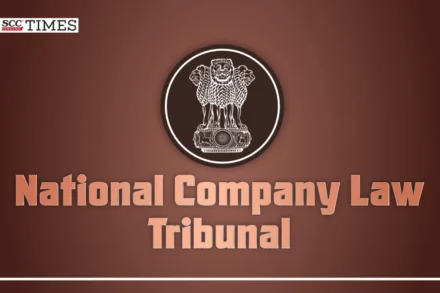
The NCLT acknowledged the impact of force majeure events, particularly the unprecedented rise in coal prices and operational disruptions caused by the COVID-19 pandemic on Corporate Debtor.
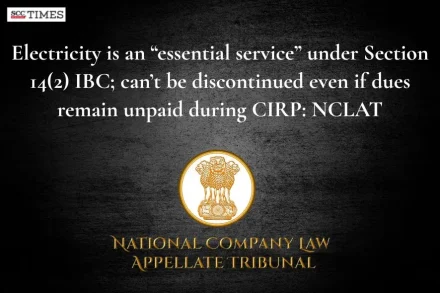
“If the Corporate Debtor operates as a manufacturing facility, then electricity may be treated as critical service by the insolvency professional and the dues for such services must be paid.”
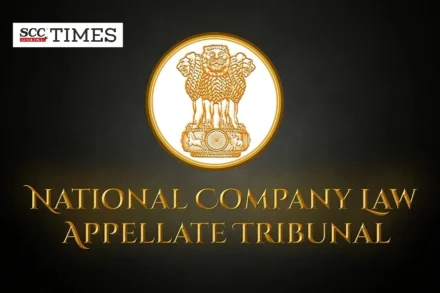
“Any dispute even pending in the arbitration does not in any manner prohibit the financial creditor to take remedy under Section 7 IBC.”
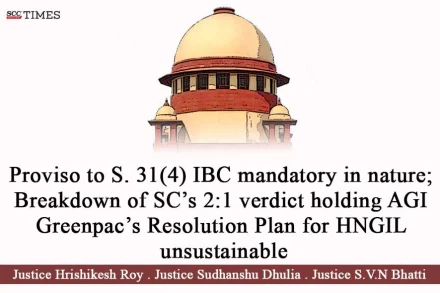
“Legislative intent behind inserting the proviso to Section 31(4) of the IBC would suggest that prior approval of the CCI was specifically mandated and it should not be seen as a flexible provision to be ignored in certain exigencies.”

“The essence of the IBC lies in resolving insolvency matters through a process driven approach, and any deviation from its prescribed scope would undermine the legislative intent of the Code.”

“Decision taken by the CoC for liquidation in commercial wisdom of the CoC should not be interfered with by the Adjudicating Authority.”
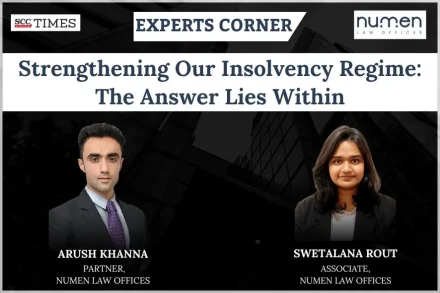
by Arush Khanna* and Swetalana Rout**

The NCLT held that non-delivery of possession despite payments and continued acknowledgment of liability through emails and communications proved default under Section 7 IBC.


The NCLT held that the Resolution Professional does not have adjudicatory powers to invalidate or challenge the charges based on an absence of NOC.

NCLT held that the Resolution Professional followed the principles of Natural Justice and considered relevant documents, therefore, the Personal Insolvency Resolution Process should be initiated.

The NCLAT reinforced that not all financial transactions qualify as financial debts under the IBC.

“The term “personal guarantor” is defined under Section 5(22) of the IBC as “personal guarantor” means an individual who is the surety in a contract of guarantee to a corporate debtor.”
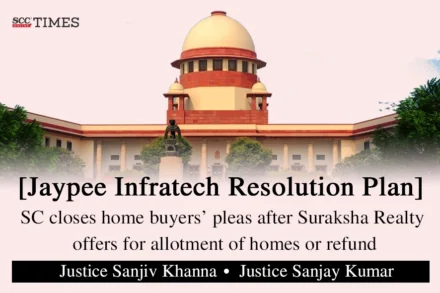
About 538 home buyers, who paid more than 80% of the demand, will be given this option for allotment of the flat, in which event, the said home buyers will be treated on par with other home buyers.

The NCLT noted that Form AA, meant for individual Insolvency Professionals, had been modified by the Insolvency Professional Entity to fit its consent as no separate form for IPEs exists.

The Court stated that once the resolution plan was approved by the COC, it should be binding on all the stakeholders. Thus, the successful resolution applicant starts running the business of the corporate debtor on a fresh slate.

The NCLT stated that the petitioner neither had a direct contractual relationship with the respondent, nor was the respondent provided with any goods/services, thereby disqualifying them as an operational creditor.

The application is filed by Jammu and Kashmir Bank against the Himalayan Mineral Waters Private Limited for a total financial debt of Rs. 50,04,38,456/- for the credit facilities availed by Leel Electricals.